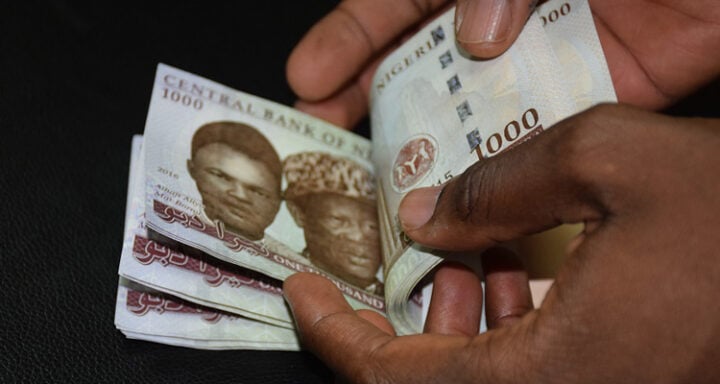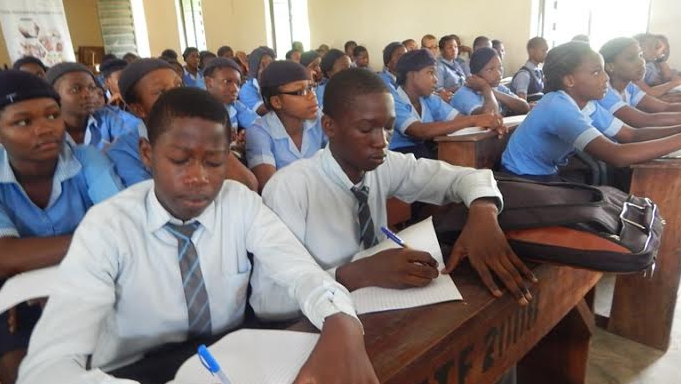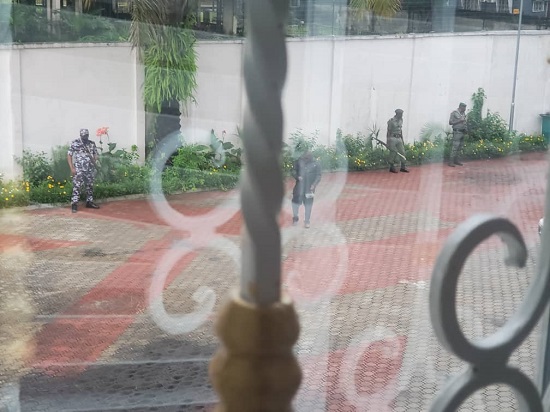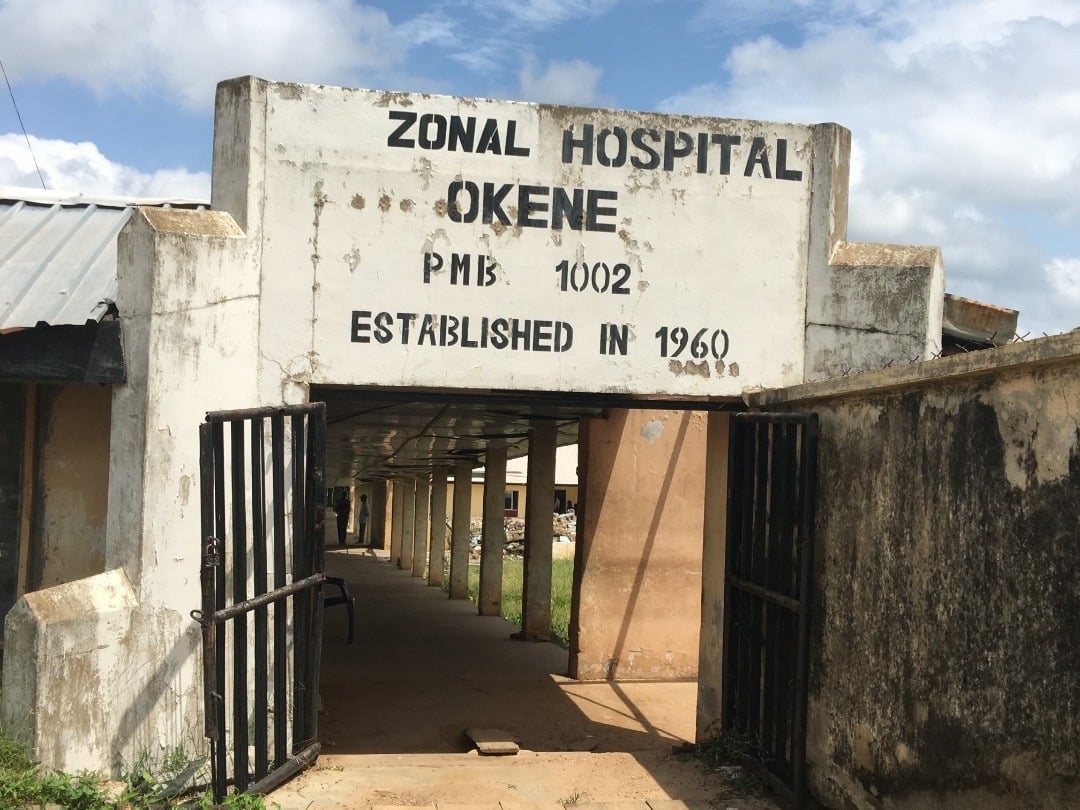The Central Bank of Nigeria (CBN), on Monday, released a policy that would allow banks to settle loan defaults with the customers’ deposits in other banks.
The policy, called global standing instruction, is aimed at improving credit repayment culture and reducing non-performing loans (NPLs) in the banking industry.
Here’s an explainer on how the policy will be implemented:
Does it apply to all banks?
Advertisement
Yes, it applies to all financial institutions in the country.
When does it become effective?
The GSI kicks off from August 1, 2020.
Advertisement
How will it work?
If Mr Azeez takes a N50,000 loan from Bank A and doesn’t pay back, the bank is now empowered to use his BVN to check the balances of Mr A’s other bank accounts or accounts linked to him.
So a joint account with his wife with N40,000 balance in Bank B will be debited and his child’s early savers account with N20,000 balance in Bank C will be debited.
Is it only the principal sum that will be debited?
Advertisement
The bank will remove its principal and interest from other identified accounts. Penalties that arise from loan defaults will not be included.
What if the account is not linked to my BVN?
According to the guideline document, in the event that a borrower’s qualifying account which is not linked to his/her BVN is identified, such BVN shall be watch-listed.
What if my bank mistakenly activates GSI on my account when I have not defaulted?
Advertisement
If that happens, the guideline document provides that the erring bank will pay a fine of N500,000 for every case where an error is made.
What if the bank insists that I am wrong and they are right?
Advertisement
If a bank insists it is right after a customer complains that the GSI was erroneously used his/her account, the customer has the right to request for arbitration. If the arbiter rules that the customer is correct, the bank will pay a fine of N10 million or 10 percent of the disputed sum; whichever is greater.
What if the bank deducts penal charges too?
Advertisement
In the event that this happens, the guidelines provide that the bank must refund the excess with interest to the customer and pay a fine of N100,000 or equivalent of the penal charge amount; whichever is greater.
Is it immediately a customer defaults that the bank will activate GSI?
Advertisement
The CBN recommends that the GSI will be the last resort for a bank. This means that the GSI should only be activated after every other option of loan recovery has failed.
Why is CBN going after our money?
The CBN is not going after your money. After the 2008 banking crisis, there were so many non-performing loans in the industry that the federal government had to set up the Asset Management Corporation of Nigeria (AMCON) to buy all those loans from banks.
According to AMCON, there are 62 non-performing loans that are each worth N10 billion and above, 431 loans that each have a value of between N1 billion and N10 billion.
Also, 1,998 bad loans each have a value of between N100 million and N1 billion, and 10,046 loans that each a value of N100 million and below.
These debtors no longer owe banks, they owe Nigeria and its citizens.
Add a comment







